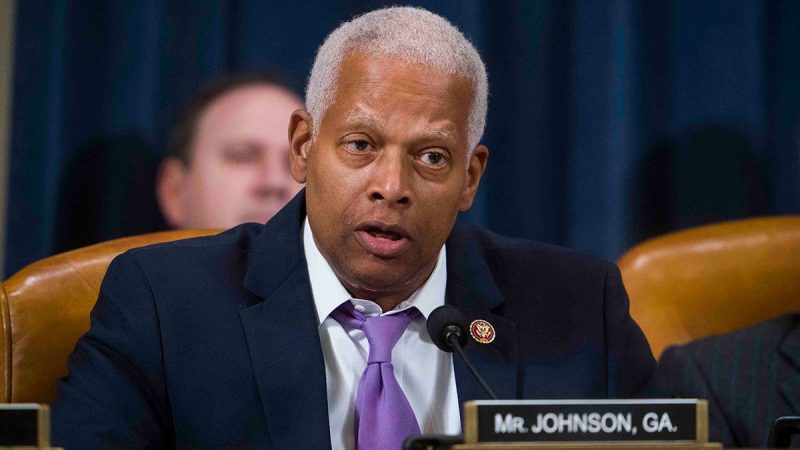In a recent proposal put forth by Congressman Hank Johnson, the issue of term limits for Supreme Court justices has once again been brought to the forefront of national dialogue. The concept of imposing term limits on justices is not a new one, but it remains a topic of contention with passionate arguments on both sides.
Proponents of term limits for Supreme Court justices, like Rep. Johnson, argue that such limits would help prevent the entrenchment of power and reduce the influence of political partisanship on the Court. By imposing term limits, they believe that justices would be more accountable to the public and less likely to make decisions based on political considerations rather than the law.
On the other hand, opponents of term limits for Supreme Court justices argue that such limits would undermine the independence of the judiciary and could lead to increased politicization of the Court. They contend that lifetime appointments provide justices with the necessary freedom to make unpopular decisions without the fear of reprisal or the pressure of re-election.
One of the main concerns raised by Rep. Johnson and other supporters of term limits is the perceived risk of corruption and undue influence on the Supreme Court. The idea is that by limiting the amount of time a justice can serve on the Court, the likelihood of corruption or bias influencing their decisions would be minimized. They argue that by refreshing the Court with new justices on a regular basis, it would prevent any one justice from exerting too much power over a long period of time.
While term limits for Supreme Court justices may seem like a practical solution to some of the perceived issues facing the Court, it is essential to consider the potential unintended consequences of such a change. Implementing term limits could lead to a more frequent turnover of justices, potentially disrupting the continuity and stability of the Court’s decisions. Furthermore, the process of imposing term limits would likely be a complex and politically contentious endeavor, requiring a constitutional amendment or major legislative overhaul.
In conclusion, the debate over term limits for Supreme Court justices is a complex and multifaceted issue that raises important questions about the balance of power, independence of the judiciary, and the integrity of the judicial system. While there are valid arguments on both sides of the debate, any decision to impose term limits on Supreme Court justices should be carefully considered and thoroughly debated to ensure that it serves the best interests of the American people and the rule of law.

